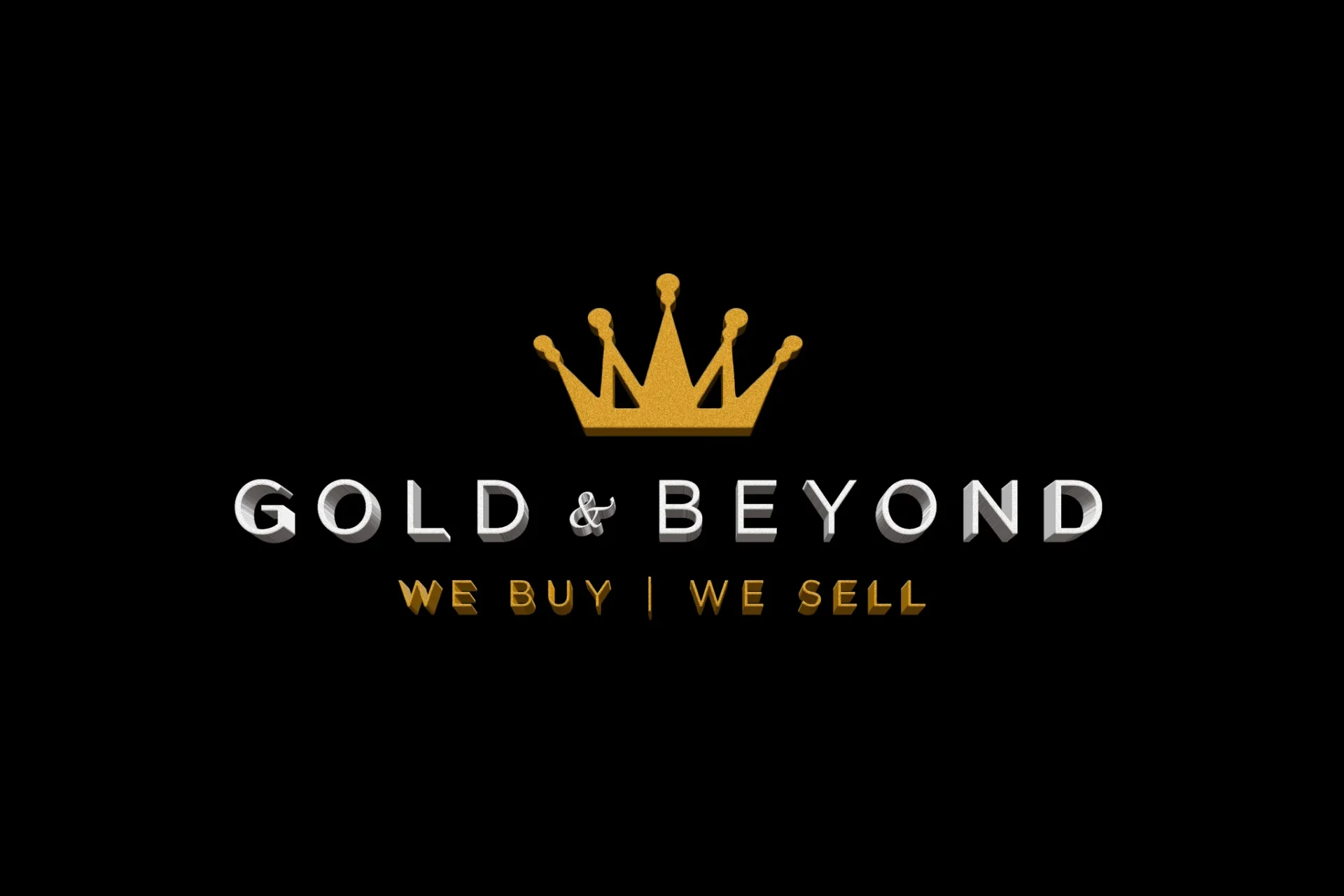Table of Contents
In the world of commodities trading, gold has long reigned supreme. It’s a symbol of safety, a hedge against inflation, and a go-to asset during periods of economic uncertainty. But for Singaporean traders navigating increasingly volatile markets, relying solely on gold may no longer be sufficient.
With Singapore’s unique position as a global financial hub and gateway to Asia, local traders are turning to advanced commodities strategies that go far beyond the conventional. From energy to agricultural commodities, and from spread trading to options strategies, diversification and tactical execution are becoming essential for staying ahead.
Diversification Beyond Gold: Core Commodities to Watch
While gold remains a cornerstone for many, it’s no longer sufficient as a standalone strategy. Savvy traders in Singapore are expanding their portfolios to include a wide array of commodity classes.
Energy Commodities: Oil and LNG
Crude oil remains one of the most actively traded commodities globally. Brent and WTI futures offer liquidity and volatility, ideal for short- and medium-term trades. Liquefied Natural Gas (LNG), with growing demand from Asia’s industrial and power sectors, also presents opportunities, especially as Singapore positions itself as a regional LNG hub.
Agricultural Commodities: Palm Oil and Rubber
Palm oil, a major export for Southeast Asia, is deeply integrated into Singapore’s trade flows. Volatile weather, supply disruptions, and regulatory shifts (such as sustainability mandates) make this a prime candidate for agile strategies. Similarly, rubber—widely used in manufacturing and automotive sectors—offers potential for speculative and hedging strategies.
Industrial Metals: Copper and Nickel
Copper’s role in infrastructure and electrical systems makes it a bellwether for economic health. Nickel, on the other hand, has become highly sought-after due to its use in EV batteries. Both metals are influenced by global demand but have region-specific catalysts that Singaporean traders can track more closely.
Soft Commodities: Coffee, Cocoa, and Sugar
While less prominent in Singapore’s immediate trade economy, soft commodities are still valuable for portfolio diversification. Global consumption trends, supply shocks from developing regions, and currency fluctuations make them viable for cross-market plays.
Advanced Strategies for Volatile Markets
To navigate Singapore’s fast-moving commodities landscape, traders must move beyond basic long and short positions. Advanced strategies offer the adaptability and control needed to manage risk while capitalising on changing market dynamics.
Spread Trading
Spread trading involves taking opposing positions in two related contracts to profit from their relative movement. For example, traders might exploit regional price differences by trading Brent crude against WTI. Others may go long on crude oil while shorting natural gas to reflect diverging fundamentals. Seasonal and calendar spreads—common in markets like palm oil—allow traders to tap into recurring price patterns driven by supply cycles.
Options on Commodities
Options offer traders the ability to hedge or speculate with clearly defined risk. Strategies like straddles and strangles are well-suited to volatile markets where large price swings are expected. Protective collars and covered calls, meanwhile, help manage downside exposure while keeping some upside potential, making them ideal when directional uncertainty is high.
Futures with Technical and Quantitative Models
Singapore’s traders often turn to technical and quantitative models for futures trading. Momentum strategies rely on trend indicators like moving averages or MACD to enter strong moves. Mean-reversion tactics use RSI or Bollinger Bands to identify stretched price conditions, while breakout strategies take advantage of price consolidation and sudden directional moves, usually with tight risk controls in place.
Pairs Trading and Arbitrage
By leveraging correlations between commodities and other assets, traders can construct relative-value trades. For instance, commodity-currency pairings such as the AUD with metals or the CAD with oil reflect underlying economic ties. Arbitrage strategies also emerge when local prices diverge from global benchmarks—differences often driven by transport costs, policy shifts, or regional demand fluctuations.
ETFs and Structured Products
For those avoiding direct futures exposure, commodity ETFs and structured products offer efficient alternatives. ETFs tracking commodity baskets help reduce concentration risk, while structured products provide synthetic exposure with lower capital requirements. Many of these instruments are packaged with risk buffers or yield-enhancement features, making them attractive for both tactical and strategic allocation.
These strategies empower traders in Singapore to respond precisely to market volatility, balancing opportunity with prudent risk management far better than basic directional bets.
Regulatory Considerations and Trading Infrastructure
Singapore’s trading environment is well-regulated, with MAS (Monetary Authority of Singapore) ensuring transparency and safety.
MAS Guidelines
- Leverage limits: Protect traders from excessive risk-taking.
- Reporting standards: Ensures market integrity.
- AML/KYC compliance: Critical when trading across jurisdictions.
Access to Global Markets
- Brokerage platforms: Global access through brokers like Saxo allows Singaporean traders to participate in NYMEX, ICE, LME, and more.
- Liquidity and execution: Time-zone advantages let traders act on overnight developments in Asia-Pacific markets early.
Conclusion
In the face of heightened global uncertainty, Singaporean traders must move beyond traditional gold-focused strategies. By exploring energy, agricultural, and industrial commodities and employing advanced techniques like spread trading, options, and ETF rotation, they can craft robust strategies tailored to today’s volatility.
As Singapore continues to assert itself as a regional commodities hub, the opportunities are vast, provided traders are equipped with the right tools, insights, and partners. With platforms offering deep market access and analytical capabilities, there’s no better time to rethink your commodities playbook and go beyond gold.





